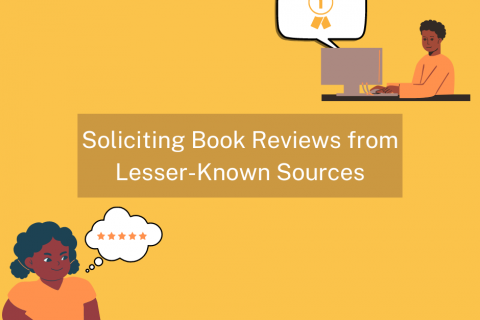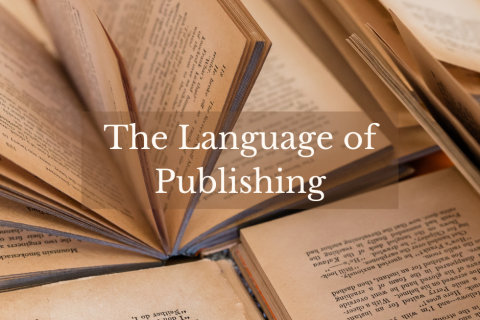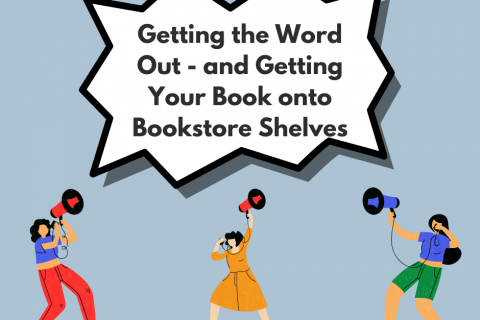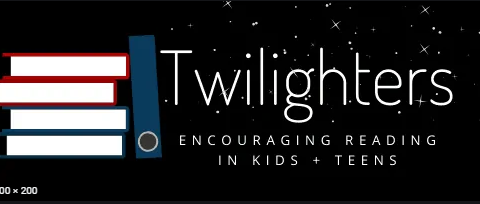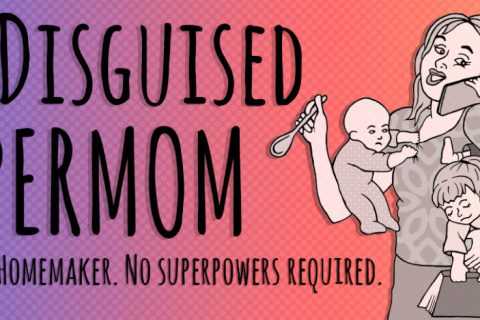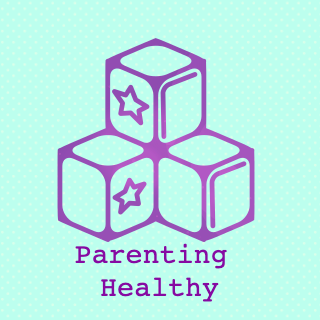Brandylane Publicity has heard the same question from authors a hundred times over: “Should I pursue this marketing opportunity?” Whether it’s a paid review site, social media opportunity, festival, or something else, the answer is usually the same—We don’t know if this one path is right for you. We never want to recommend you spend time and resources trying to garner publicity from entities we’re not sure about. Odds are, we haven’t heard of them before, as there are a million and one ways to market your book, and Brandylane can only approach a select list of contacts that pack a punch. But lack of experience with a company, blog, or advertiser doesn’t mean we can’t make an educated decision about it. Below, we’re going to teach you how to analyze new marketing opportunities yourself to make informed decisions.
We use Publisher’s Weekly (PW) as our example throughout, but you probably already know that PW is a very popular resource for publishers and authors to seek reviews, both free and paid. We submit all of our new releases to PW.
What’s the best that could happen? What’s the worst?
When considering a new publicity avenue, start by comparing the potential outcomes with the risks. Sending a digital copy of your book to an Instagram reviewer who may not review it is low risk. You’re sending free files digitally, and the worst-case scenario is they might ignore you. Submitting a book to PW takes about ten minutes and costs nothing, so that’s low-risk with the potential for high reward, since PW is well circulated. On the other hand, sending large amounts of money to an unknown third-party publicist is high risk. They could take your money and disappear.
Money isn’t the only thing you could risk. You may be risking time, your privacy, or even your reputation if this publication misrepresents you in some way. However, these things cost money much of the time, and if someone is scamming you, odds are they’re in it for the money. Even if someone is not intentionally scamming you, the opportunity they’re offering may not be the best use of your time and resources. Read on to learn how to evaluate marketing opportunities as they come to you.
Approach technology critically
In school, you learned to read critically. It’s important that you approach digital technology with the same critical eye. If you are considering sending your book to a blog or paying an online company to run ads for you, take a close look at them.
What does their website look like? Is professionally designed and well organized? Are there grammatical or formatting errors? Is it hard to find concrete information, like what services in particular will be provided, or where they are located? Is it aesthetically pleasing? While busy, the Publisher’s Weekly website is organized, grammatical, and easy to navigate. It’s obvious right away that they do a lot of business with a lot of affiliates, which indicates that authors trust them.
Search further. Most bloggers and companies have social media accounts. Inspect these closely. If a company promises to promote your book on their social media accounts, they should have a considerable following to make it worth your time and money. Don’t send your review copy to a Bookstagrammer with only 75 followers. There are Bookstagrammers out there who have 75k followers and will happily review your book.
PW has 165,000 followers on Facebook and 778,000 on Twitter, but only about 1,000 followers on Instagram. Clearly, this business focuses on Facebook and Twitter, which is common for larger companies, especially because PW only accepts digital copies, which do not photograph well for Instagram. Based on social media following alone, PW is a good company.
Ask questions
If you are unsure about pursuing a promotional avenue, contact them and ask questions. Anyone can Google Brandylane’s phone number, call our office, and ask questions about the submission process, book production, printing, publicity, and more. While not everyone is available by phone these days, you should be able to fill out a contact form or track down an email on a company’s website to ask your questions.
Be specific. “Will you get my book featured on blogs?” is not the same question as “How many blogs can you guarantee will feature my book? What kinds of followings will they have?” If you like, you can even ask for references. If they can’t provide any, perhaps you can find your own. Read on . . .
Ask around
For starters, Googling “[company name] scam” can often yield helpful results. Pro tip: You can use this method for anything in your life you suspect may not be completely safe. If a website or company is a scam, odds are, you’re not the first person to encounter them, and other people will have shared their experiences online. In the same vein, if you Google a company and little to no information populates, that lack of online presence should be a signal to you to steer clear.
Just because something is not a scam doesn’t mean it’s necessarily a good route, though. Rather than asking if a certain opportunity is a scam, ask other people if they’ve had experience with the company or person in question. This can be as easy as a Google search or asking a friend. Word your searches carefully: “Publisher’s Weekly reviews” will yield review articles from PW itself. However, “Using Publisher’s Weekly as an author” may give you better access to other authors’ experiences.
If Google isn’t your style or isn’t giving you helpful results, ask fellow authors or people who may have had experience in this field. Ask questions in online author groups like those on Facebook. (If you haven’t joined the Brandylane Publishers and Belle Isle Books Authors FB group yet, you should!), Alternately, ask the internet at large by posting your question on Twitter or Reddit. “Has anyone tried submitting to #PublishersWeekly? Thoughts?” If someone who has had a bad experience reads your message, they’ll probably want to let you know.
Final Words
We are still more than happy to help you figure out if an opportunity is right for you. At Brandylane, we pride ourselves on offering unparalleled personal attention to our authors. However, we want to give our authors the tools they need to publicize their own books, when possible. If you take the steps outlined above and you’re still not sure what path to take, then of course—reach out and ask.



